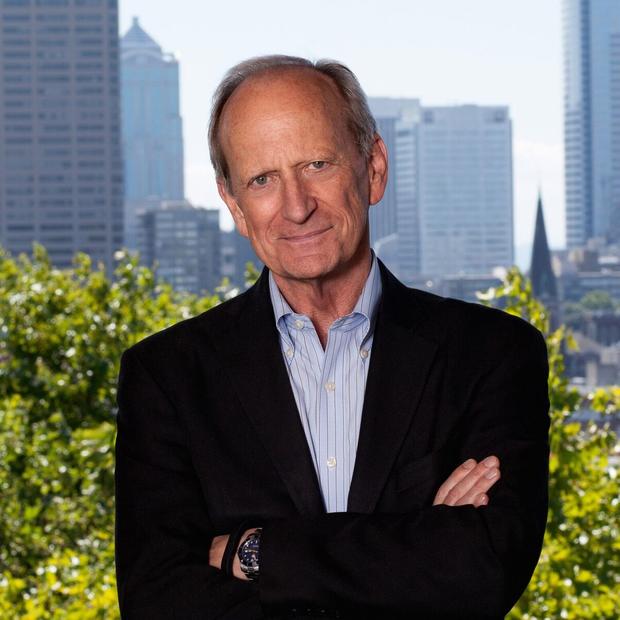In contrast, major supporters of the Initiative include Bill Gates, Union of Concerned Scientists, American College of Physicians, American Lung Association, REI, Microsoft, PCC Farmland Trust, the Affiliated Tribes, Service Employees International, League of Women Voters, The Nature Conservancy, and every environmental group in the state.
Intuitively, do these endorsers strike you as oppressors of the little guy who want to increase pollution?
For advocates of corporate social responsibility, BP offers a cautionary tale.
Twenty-one years ago, BP’s former CEO, John Browne, gave a talk at Stanford University that made headlines around the world. Countering moves by other oil and coal companies, he frankly acknowledged that climate change was real and caused by humans, and demanded immediate action. In 2003, BP, originally known as British Petroleum, rebranded itself as “Beyond Petroleum.” It unveiled a new logo that was a stylized sun, and it heralded its investments in solar and other renewable energy sources. BP was feted as a model of corporate environmental responsibility.
Much climate policy to date has focused on the very same market-based solutions that Browne proposed. A half-dozen approaches have been tried — and defeated — in Congress. This year’s Nobel Prize in economics was co-awarded to an economist who built the case for mechanisms just like those in Initiative 1631. Although virtually all climate progress has been driven by efficiency standards for automobiles, lights and appliances, energy codes for buildings, and other regulations, most economists share Lord Browne’s view that market forces should also be harnessed.
Sadly, along the way, BP changed its stripes. Today, it has become the face of environmental villainy. Most memorably, in 2010 the BP Deepwater Horizon exploded, creating the worst oil spill in history. It spewed 20 times as much oil into the Gulf of Mexico as had been lost by the Exxon Valdez. The Deepwater Horizon event was not an accident. Rather, it was a horrific crime; BP pled guilty to 14 criminal charges, paid federal fines of $4.5 billion, and distributed $20 billion to businesses and individuals harmed by the explosion.
Having lost its status as the most admired major oil company in the world, BP is now perhaps the most despised. Its hypocritical attacks on Initiative 1631 are a repudiation of precisely the same market-based solutions to climate change called for by its own CEO back in 1997.
Now, we find ourselves in the ridiculous situation where BP and a handful of other oil companies, in order to avoid a $0.14 per gallon fee on gasoline, spend a fortune to promote the permanent impoverishment of the human prospect.
What’s really going on? Holding climate change to levels that avoid the collapse of civilization will require leaving a great deal of fossil fuel in the ground. The most common estimate is that, at current prices, $35 trillion worth of fossil fuel cannot be burned if we are to maintain a livable planet. Men (alas, they are all men) who have the character and values to become CEOs of major oil companies simply do not walk away from $35 trillion.
So, if you may have been affected by the poignant but appallingly fraudulent ads opposing 1631, just think about the financial interest behind them.
Do you favor a world that serves the narrow financial interests of BP? Or will you support a livable world for your kids?
Disclosure: Denis Hayes is president and CEO of the Bullitt Foundation, which is a supporter of Crosscut.



